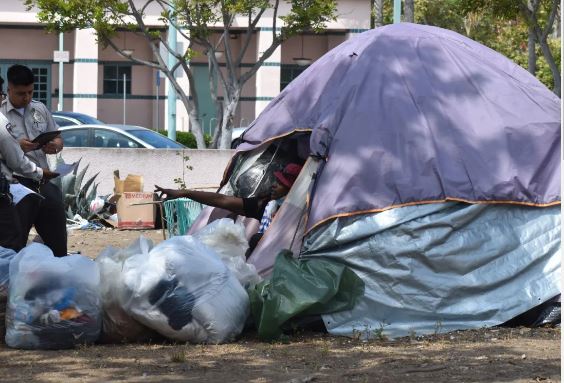US Supreme Court to Review Anti-Camping Laws Impacting the Homeless

The U.S. Supreme Court has agreed to review anti-camping laws that significantly affect the homeless population. This decision could have far-reaching implications for how cities across the nation address homelessness and public space use.
The Case: A Matter of Public Policy and Rights
The case before the Supreme Court challenges the legality of anti-camping ordinances, arguing that they criminalize homelessness and violate constitutional rights. Cities argue these laws are necessary to maintain public order and safety.
Background: The Growing Homelessness Crisis
The U.S. has seen an increase in homelessness, with many cities struggling to provide adequate shelter and services. Anti-camping laws have been one approach to managing homeless populations in public spaces, but they have faced criticism for penalizing the homeless instead of offering solutions.
Legal and Ethical Implications
The Supreme Court’s decision to review these laws puts a spotlight on the legal and ethical challenges of addressing homelessness. The case raises questions about the balance between individual rights and community welfare, and the role of government in supporting vulnerable populations.
National Impact: Setting a Precedent
The ruling by the Supreme Court has the potential to set a national precedent. A decision against anti-camping laws could require cities to rethink their strategies for dealing with homelessness, potentially leading to more humane and comprehensive policies.
Public Opinion: A Divided Response
Public opinion on anti-camping laws is divided. Some see these laws as necessary to maintain cleanliness and safety in public spaces, while others view them as inhumane and a failure to address the root causes of homelessness.
A Complex Challenge
The Supreme Court’s review of anti-camping laws is set against the backdrop of a complex and growing challenge of homelessness in America. The outcome of this case will be closely watched as it will influence the future direction of homeless policy in the U.S.




